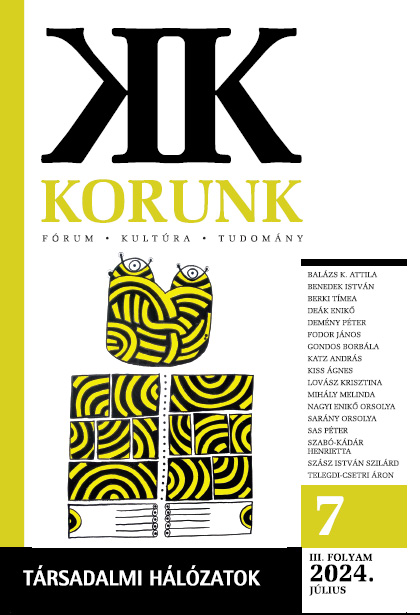A „magyar érdek” és informális érdekképviselet a Ceaușescu-korszak második felében
The “Hungarian Interest” and Informal Minority Representation in the Second Half of the Ceaușescu Era
Author(s): Ágnes KissSubject(s): Post-War period (1950 - 1989), Ethnic Minorities Studies
Published by: Korunk Baráti Társaság
Keywords: Romania, minority; secret services; censorship; public discourse
Summary/Abstract: To compensate for the shortcomings of the formal institutional system, an informal order for minority representation was developed in Romania during the 1970s. This paper aims to characterize this model of informal representation, detailing its components and operations, such as informal norms of public engagement, networks and networking, communication between leaders and members, and decision-making processes. Since the research focuses on informal representation rather than the functioning of a formal institution, the analysis centers on individuals, their opinions, everyday activities, and attitudes expressed in critical situations. The primary source for this study is the Securitate files of Géza Domokos (1928-2007), a pivotal figure in Hungarian cultural life and minority interest representation during the latter part of the Ceaușescu era.
Journal: Korunk
- Issue Year: 2024
- Issue No: 07
- Page Range: 51-59
- Page Count: 9
- Language: Hungarian

